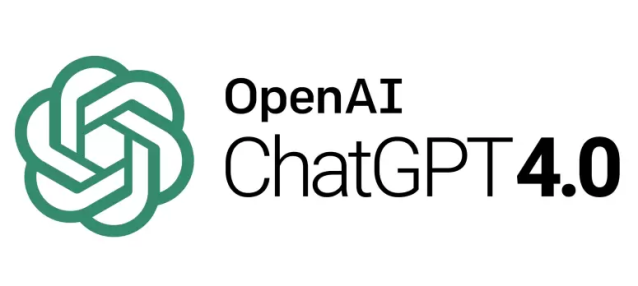blog
Integrating ChatGPT into Your Website

In today's digital age, delivering exceptional user experiences on websites has become a top priority for businesses across various industries. One way to achieve this is by integrating artificial intelligence (AI) technologies like ChatGPT into your website. ChatGPT, powered by OpenAI's GPT architecture, is a language model that can engage in dynamic conversations and provide valuable assistance to users. In this article, we will explore the benefits of integrating ChatGPT into your website and provide a step-by-step guide on how to do it effectively.
Understanding the Benefits of ChatGPT Integration:
Integrating ChatGPT into your website can bring a host of benefits, including:
- Improved user engagement: ChatGPT can provide interactive and personalized conversations with your website visitors, leading to increased engagement and longer session durations.
- Enhanced customer support: By integrating ChatGPT, you can offer 24/7 customer support, answering frequently asked questions, providing product recommendations, and assisting with troubleshooting.
- Streamlined lead generation: ChatGPT can act as a virtual assistant, gathering relevant information from users and guiding them through the sales process, thus improving lead generation and conversion rates.
- Efficient content delivery: ChatGPT can assist users in finding the content they are looking for, recommending articles or products based on their preferences, and delivering a more personalized browsing experience.
Step-by-Step Guide to Integrating ChatGPT into Your Website:
- Define your objectives: Determine the specific goals you want to achieve by integrating ChatGPT. Is it to provide customer support, improve engagement, or enhance lead generation? Clearly defining your objectives will help you design the integration accordingly.
- Select an integration method: There are various ways to integrate ChatGPT into your website. One option is to use OpenAI's ChatGPT API, which allows you to make API calls to interact with the model. Alternatively, you can use pre-built chatbot platforms that offer integration with ChatGPT, such as Chatfuel or Dialogflow.
- Prepare your data: To train ChatGPT effectively, you need to provide it with relevant data. Prepare a dataset of conversational examples specific to your website's domain. Include a variety of questions, prompts, and responses to ensure the model learns to handle different user queries.
- Train the model (if applicable): If you decide to fine-tune ChatGPT using your own dataset, follow OpenAI's guidelines for training language models. Fine-tuning can help tailor the model to better suit your website's needs and improve its performance.
- Design the user interface: Create an intuitive and user-friendly interface to present the chatbot on your website. Consider the placement, appearance, and functionality of the chat window to ensure a seamless user experience.
- Implement the integration: Depending on the chosen integration method, follow the respective documentation or guidelines to integrate ChatGPT into your website. This may involve writing code to make API calls or configuring the chatbot platform to connect with your website.
- Test and iterate: Thoroughly test the integration to ensure it functions as intended. Monitor user interactions and gather feedback to identify areas for improvement. Iterate on the integration based on user feedback and continuously refine the conversational experience.
Best Practices for ChatGPT Integration:
- Set clear expectations: Clearly communicate to users that they are interacting with an AI-powered chatbot. Managing expectations can prevent frustration if the chatbot cannot handle complex queries or replicate human-like responses entirely.
- Provide a fallback option: In cases where ChatGPT cannot provide a satisfactory answer, offer users alternative channels to contact human
Avatar New York Web Design is an award-winning, web design and development company specializing in website design, custom development, digital marketing, and managed web hosting.